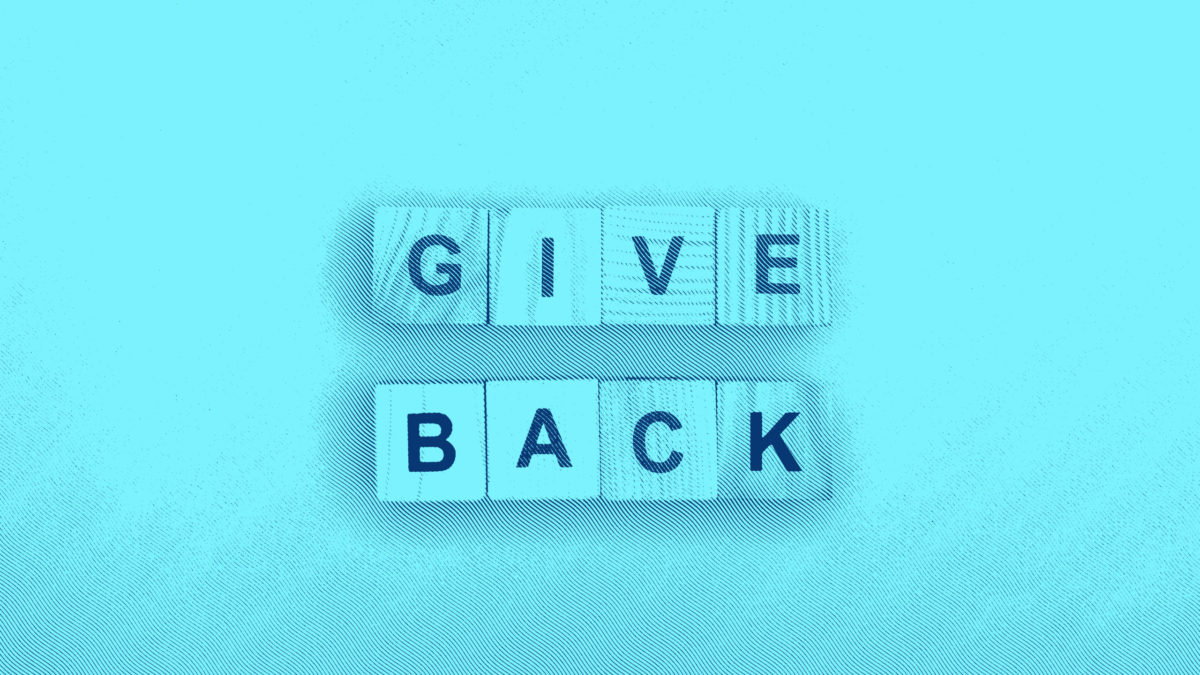By Hernani Alves
There are over 425,000 children in foster care in the U.S., and every two minutes a new child enters the system.
Internationally, UNICEF approximates that 2.7 million children live in institutional care. If you’re alarmed, good. When I was introduced to this issue by my mentor and the founder of Sleep Train (a chain of mattress stores in the western U.S.), Dale Carlsen, I was determined to hold myself accountable for making some positive change for these children in need.
Shortly after starting Sleep Train, Dale was approached to help a local radio station deliver toys to local foster families. He was taken back by the living conditions of the foster kids in our city. These families were doing their best, but they received very little assistance, and their budgets were tight.
Many of the children were sleeping on old worn mattresses, couches, or even piles of clothes. As the owner of a mattress company, Dale knew how essential a good night’s sleep was to the development and success of a growing child.
He was inspired to start Sleep Train’s first give-back program, Mattress 4 Kids, an initiative that not only provided in-need kids with brand new mattresses, but also organized donations for new shoes, toys, and jackets.
A Great Business Move
Although it was never his motivation, giving back ended up being a great move for his stores. The public shopped there because they were familiar with the company’s humanitarian work. The business kept their selling message separate from their foster care message (they never used the cause to sell the product), but people were aware of and inspired by the collection drives.
Families came in to donate goods, and employees would join in to contribute and spread the message. Dale and Sleep Train were creating a company that cared as much on the individual level as it did as a whole.
An unintended consequence of this project was that prospective customers started to relate to the store’s culture of giving. Dale was repeatedly told, “We shop at Sleep Train because of what you do for our community and foster kids.”
The staff saw this, and it improved the way they felt about the company and the role they played within it. They were proud to work somewhere that cared, and it motivated them to stay dedicated.
If your business doesn’t have a philanthropic program in place, get one started. Think of a cause that speaks to you, maybe one that you’ve experienced or seen firsthand. Focusing on a single issue will allow you to do more for the ultimate goal and reduce the pressure to contribute to other movements that may not directly align with your objective.
If you feel like your company is unable to help anyone right now, I get it. You could be dealing with staff challenges, low performance, or unmet deadlines. Giving back often feels like the last thing we should be doing.
However, here’s a different perspective: it will never feel like the right time to help others. There will always be excuses not to, but you do have the ability to do more. We all have money, time, or services to give. If you can’t contribute financially, consider what else you can do without affecting productivity or finances.
What Kind of Life Do You Want to Make?
There is always something in the way, and the truth is, the sooner you start, the better for the community and your business. Employee retention will improve when they are engaged with the values of the organization. Your customer base will expand when they feel connected to your brand.
I know it can be overwhelming, and it’s daunting to spend resources on anything that isn’t clearly aimed towards the bottom line. However, you can and should do this no matter where your company is.
You can always start slowly. The first thing Dale gave away was a $100 mattress. That was a big investment for a new business and he was able to grow that to an organization that now reaches over 186,000 foster kids across all 50 states.
This motivated me to take action with my company that I founded, Balanced IQ Leadership. We are proud to partner with the Ticket to Dream Foundation to help foster kids just be kids. Balanced IQ and clients help ensure foster youth have the support they need to thrive and the childhood memories that create hope for a better tomorrow.
Ticket to Dream Foundation, partners with businesses and local communities to provide school supplies, holiday gifts, properly fitting clothing and shoes, and experiences for foster children of all ages. My wife, Angie and I are not in a position to foster kids ourselves, and this is a small way we can support the foster community.
I want to ask you to be accountable for giving back to your community—whether that’s by supporting foster kids or doing something else that speaks to you.
Winston Churchhill said, “We make a living by what we get; we make a life by what we give.” The fact is we need to give back, and we need to hold ourselves and each other accountable for doing so. I feel confident in telling you that giving to others is a way to give to yourself, your team, and your business. So consider Churchill’s words and ask yourself, “What kind of life do I want to make?”
To connect with Hernani, visit his Website, LinkedIn Profile, or Amazon Author Page.




